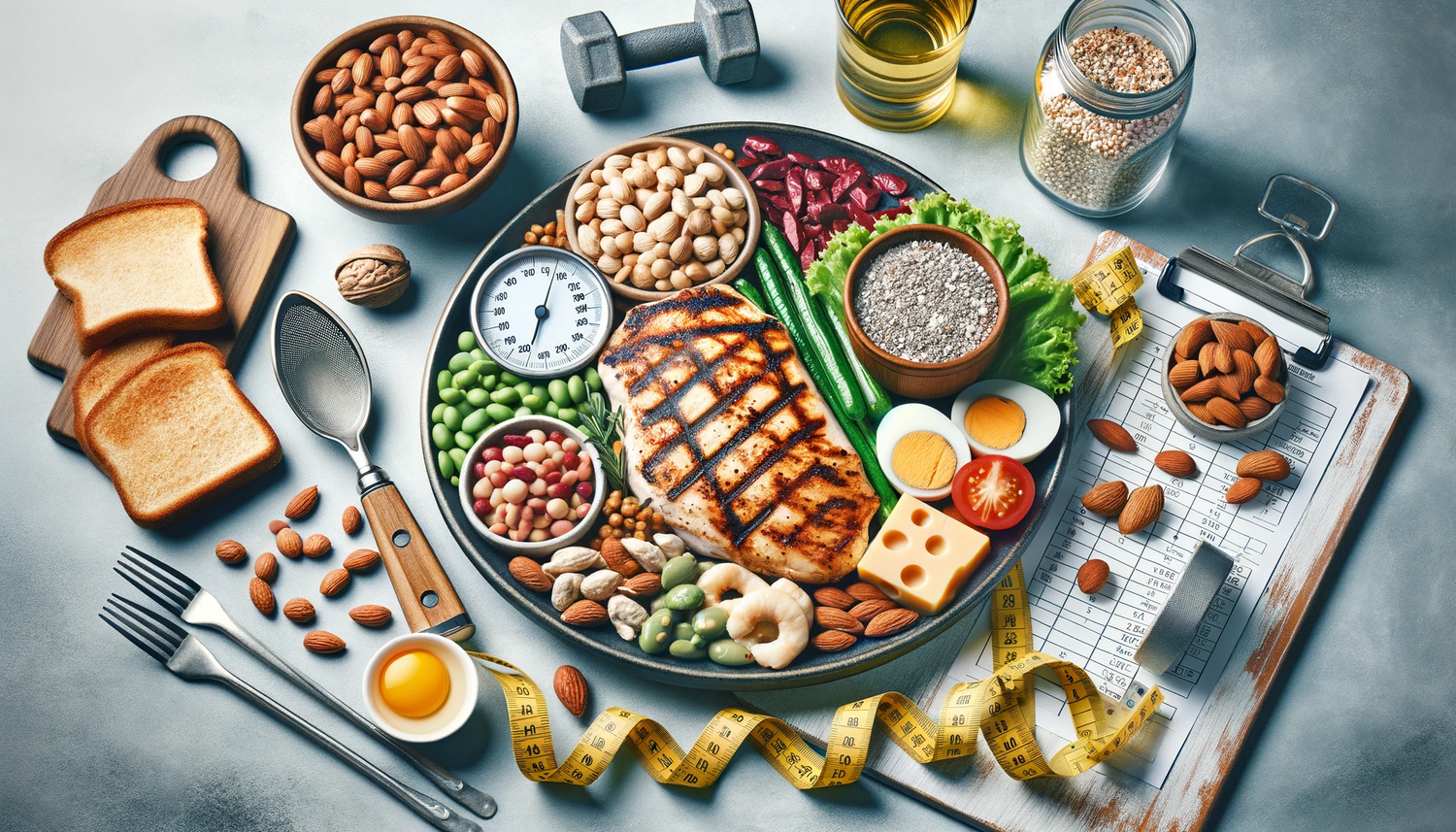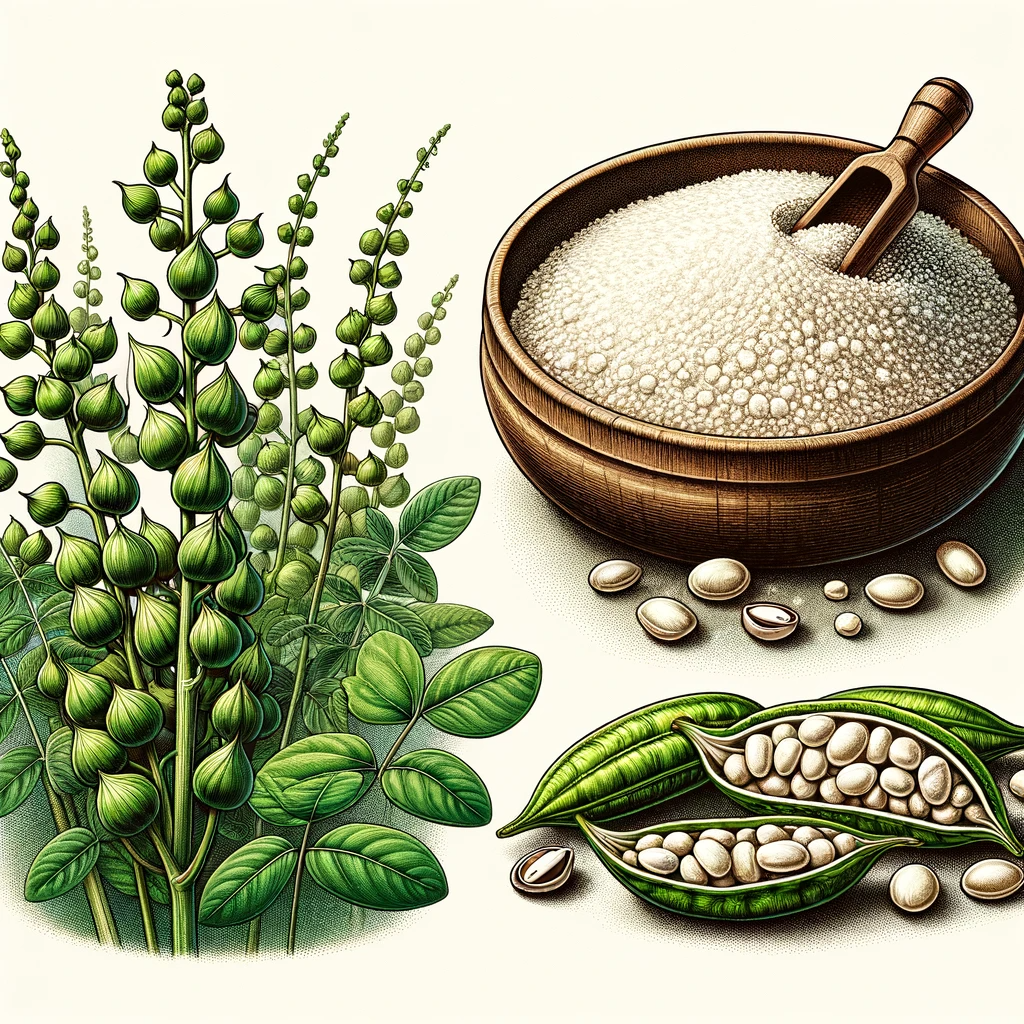Maximizing Protein Intake: Navigating the Grams and Timing

Introduction
For anyone involved in fitness or just looking to maintain a healthy lifestyle, understanding protein intake is crucial. The general guideline of consuming a gram of protein per pound of body weight daily, and up to 50 grams per meal, can serve as a solid foundation. But why is spreading this intake throughout the day beneficial? Let's explore, backed by scientific data.
Daily Protein Needs: A Gram Per Pound
-
General Guideline: Consuming around one gram of protein per pound of body weight daily is often recommended for active individuals. This means a 150-pound person would aim for about 150 grams of protein per day.
-
Scientific Basis: This recommendation is supported by research indicating that higher protein intake can support muscle maintenance, growth, and overall body composition (Phillips and Van Loon, 2011).
Protein Per Meal: Up to 50 Grams
-
Meal Guidelines: Consuming up to 50 grams of protein in a single meal is considered effective for stimulating muscle protein synthesis.
-
Research Insight: Studies suggest that consuming more than this amount doesn't significantly increase protein synthesis rates (Schoenfeld and Aragon, 2018).
Benefits of Distributing Protein Intake
-
Enhanced Muscle Protein Synthesis: Regularly consuming protein throughout the day can lead to more consistent muscle protein synthesis. A study by Mamerow et al. (2014) demonstrated that evenly distributed protein intake was more effective in stimulating 24-h muscle protein synthesis compared to skewed protein distribution.
-
Improved Nitrogen Balance: A balanced protein intake across meals helps maintain a positive nitrogen balance, which is crucial for muscle repair and growth.
-
Long-Term Muscle Health: Consistent protein intake throughout the day has been associated with better long-term muscle maintenance, especially in older adults (Moore et al., 2012).
Personalization is Crucial
It's important to tailor protein intake to individual needs. Factors like age, gender, activity level, and specific fitness goals play a significant role in determining the optimal protein amount for each person.
Our Philosophy at Fresh Field Performance and Nutrition
At Fresh Field Performance and Nutrition, we advocate for informed and balanced nutrition. Our protein products are designed to support your daily protein goals, whether you're an athlete or someone looking to stay active and healthy.
Conclusion
Understanding the nuances of protein intake – from the amount per day to the distribution across meals – is key to optimizing health and fitness results. By following these guidelines and listening to your body, you can effectively support your nutrition and wellness journey.
Sources:
Phillips, S.M., & Van Loon, L.J.C. (2011).
-
Title: "Dietary protein for athletes: From requirements to optimum adaptation."
-
Source: Journal of Sports Sciences
-
Summary: This study discusses protein requirements for athletes, supporting the guideline of higher protein intake for muscle maintenance and growth.
Schoenfeld, B.J., & Aragon, A.A. (2018).
-
Title: "How much protein can the body use in a single meal for muscle-building? Implications for daily protein distribution."
-
Source: Journal of the International Society of Sports Nutrition
-
Summary: This paper investigates the amount of protein that can be effectively used by the body for muscle-building in a single meal.
Mamerow, M.M., Mettler, J.A., English, K.L., Casperson, S.L., Arentson-Lantz, E., Sheffield-Moore, M., Layman, D.K., & Paddon-Jones, D. (2014).
-
Title: "Dietary protein distribution positively influences 24-h muscle protein synthesis in healthy adults."
-
Source: The Journal of Nutrition
-
Summary: This research highlights the benefits of evenly distributed protein intake throughout the day in stimulating muscle protein synthesis.
Moore, D.R., Churchward-Venne, T.A., Witard, O., Breen, L., Burd, N.A., Tipton, K.D., & Phillips, S.M. (2012).
-
Title: "Protein ingestion to stimulate myofibrillar protein synthesis requires greater relative protein intakes in healthy older versus younger men."
-
Source: Journals of Gerontology Series A: Biomedical Sciences and Medical Sciences
-
Summary: The study examines protein intake and its impact on muscle maintenance, with a focus on older adults.






